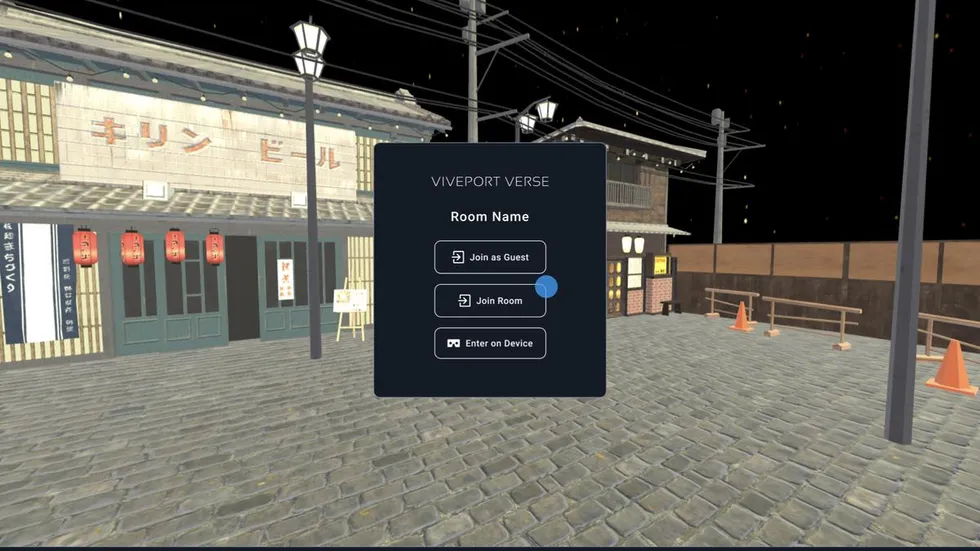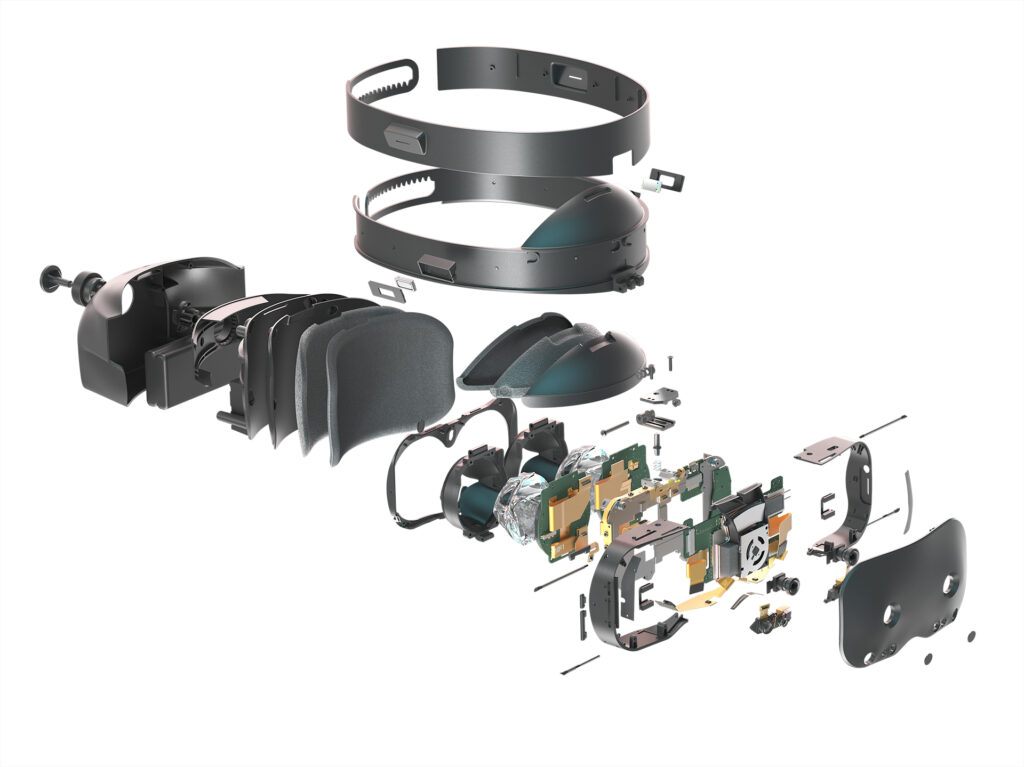HTC Launches Vive Arts NFT Store
HTC Vive is getting into VR NFTs. But don’t pick up the pitchforks yet; maybe the idea of a VR NFTs works? Maybe?A blog post today announced the launch of the Vive Arts NFT store. It’s essentially a browser-based sales gallery – the platform will reportedly offer a chance for artists to sell art made in VR and AR as well as other digital works. HTC says creators will be able to decide the amount of copies of a work they can sell as well as whether to accept cryptocurrency or actual currency (for lack of a better term). The NFT Store will be hosting a sales meeting on December 17 in which it will feature NFT-ized works from Czech artist, Alphonse Mucha (pictured below) in collaboration with the Mucha Foundation. Before we make too much fun of the news (tempting as it is), there is perhaps some merit




